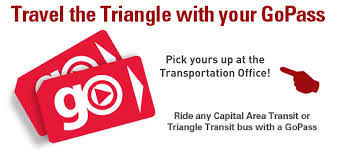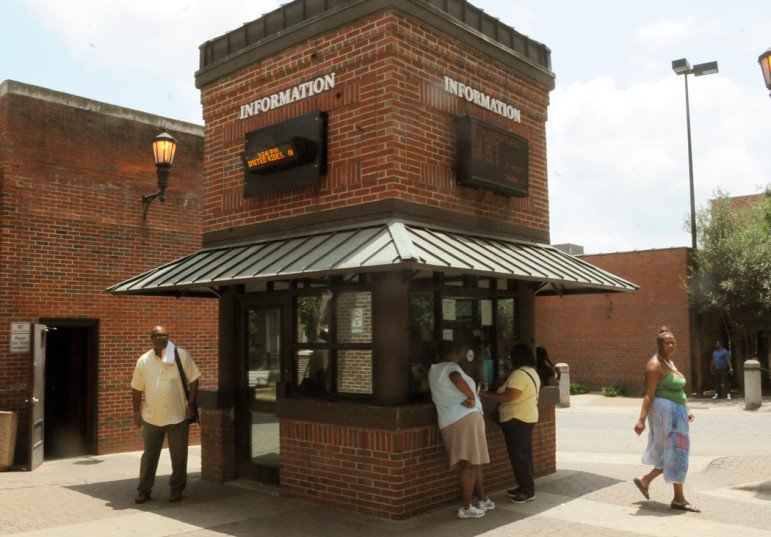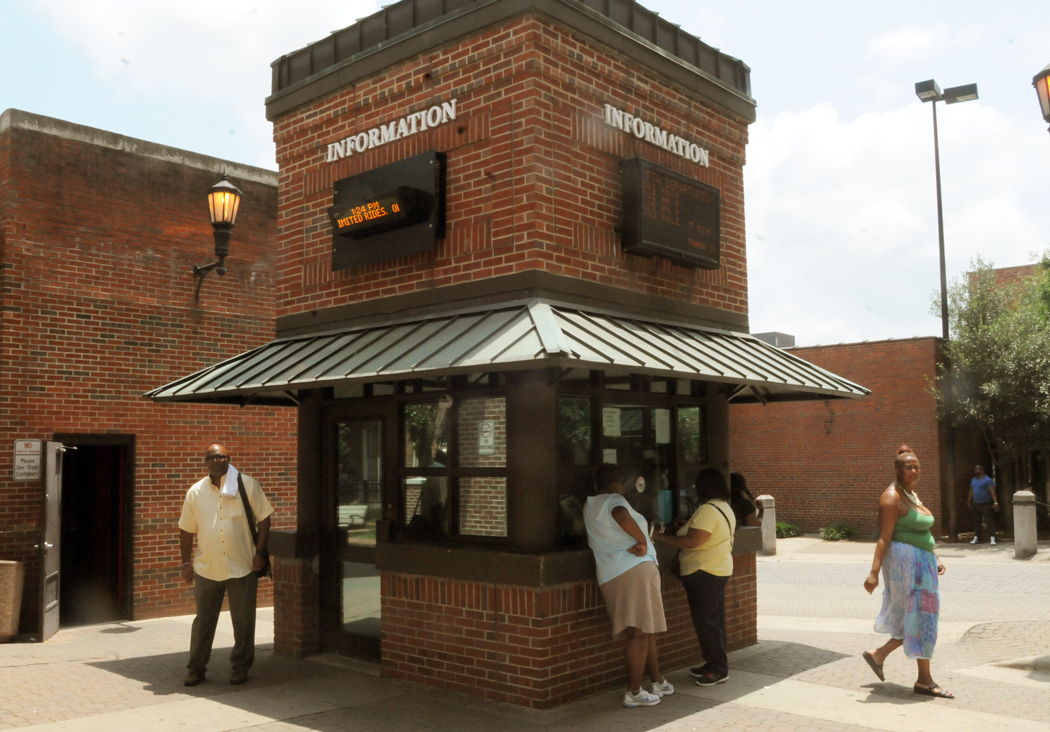Future Raleigh bus riders may be using bus passes that can be reloaded electronically.
The City Council’s Technology and Communications Committee Tuesday directed the Transit Services and Finance departments to investigate what it would take to set up electronic payments and reloadable bus passes in place of the magnetic card system used now.
Staff will begin:

Electronic payment was proposed by Craig Ralph, a member of the City’s Transit Authority Route Committee and regular bus rider.
He said such a system would make it more convenient for riders to add funds to bus passes instead of traveling to one of the regional service centers where an agent reloads the card.

Karen Tam / Raleigh Public Record
Ralph said money can be deducted from his bank account for use of the community pool or weight room, so why not the other way around where funds are automatically added to an account?
“Why can’t we reload the passes like we would a Starbucks card?” Ralph asked.
According to a Federal Reserve System’s payments study, in 2009 there were 6 billion prepaid card transactions, valued at more than $140 billion in the U.S.
Ralph suggested the system might cut city costs by reducing the need for live agents to take payments. But Deputy Chief Financial Officer Robin Rose said after researching the idea, staff found there would not be enough people using the system to make it financially viable.
Rose said the city uses electronic payments for some services, such as utility bills and parking tickets, but the volume of payments makes the expense worth it. Rose said many cities are not using mobile billing technology because of the cost.
“With prepaid cards like Starbucks they already have the infrastructure and network connectivity in place,” Rose said. “Here you have to look at what it takes to make the cards readable on buses. So it will take a while for us to get there.”
Raleigh Transit Administrator David Eatman said there are three options for reloadable passes:
All of the options require study of the city’s online security, Eatman said.
He recommends Q Codes. Research indicates many of the city’s low-income residents use smart phones in lieu of a home computer. Plus, that investment would be in the “hundreds of thousands of dollars” and not the “millions” of prepaid card set up.
But, Eatman cautioned, “We want to make sure we don’t pick a smartphone technology and alienate existing riders. But this could be an alternative for some smartphone users.”
The city is planning to conduct a ridership study of the R line, likely in May 2014. That data could used to make a case for or against the electronic payment system.
